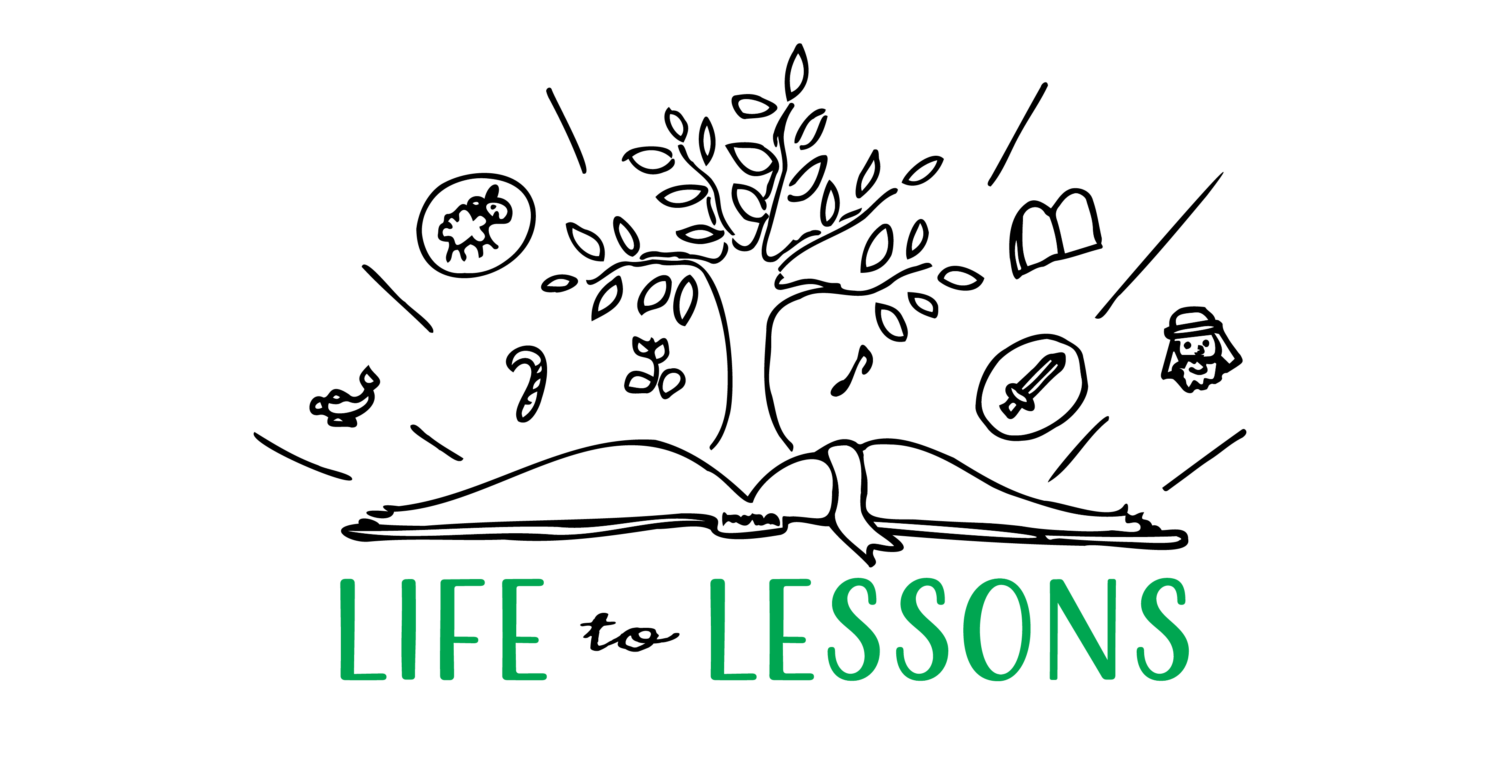Assembly Summary: Instant vs. Delayed Gratification
Author: Yolanda Watt | Student, Living Education – Charlotte, 2021-22
Estimated Reading Time: 3 min.
“We live in a world of instant gratification,” said Dr. Scott Winnail in his recent Assembly lecture.
He mentioned that we are conditioned to expect that things will get done instantly in our world today. How often do we use the credit card? How much pressure do we feel to make big decisions on the spur of the moment?
Dr. Winnail went on to examine what the Scriptures say about acting on a whim instead of planning ahead and weighing our decisions. Proverbs 4:26 challenges us to think deeply about the course we are taking, and thinking deeply about something takes time. Luke 14:27–28 shows that wise people consider whether they have the resources to finish what they might start. In Proverbs 6:6–8, the message from the ants is that we must consider our future and plan ahead.
God generally favors delayed gratification, wanting us to lay solid foundations to get us where we need to be in the future. However, instant gratification is not always a bad thing; it can be positive, such as when we suddenly decide to invite a friend out for lunch. Spontaneity can be fun from time to time; the trouble comes when we live life spontaneously.
Taking Time to Grow
With God’s help, we can develop habits of delayed gratification and break habits of instant gratification. Delayed gratification requires time to grow. We even see this in our Christian walk—when we get baptized, we don’t change into spirit beings right away. We are given time to develop and to show God whether we want to live His way of life.
Delayed gratification teaches the principle of endurance. We practice one example of this when we save our second tithe diligently. The Feast of Tabernacles is still eleven months away, yet we’re already saving our second tithe, because we understand the joys of keeping the Feast and knowing that we have kept God’s commands.
Putting It into Practice
As we practice delayed gratification, we can ask ourselves questions like, “Do I really need this? Do I need this now? If I do this, what will it prevent me from having in the future?” One practical way we can practice delayed gratification is not answering the phone immediately or responding to texts right away. Always immediately answering our phones places more stress on us and causes people to expect an immediate answer all the time. It’s also helpful to refrain from making big purchases until we have taken 24–48 hours to think over the decision; time can change our perspective.
We live in a world of instant gratification, where we are pressured to react quickly, without much thought and consideration. While snap decisions can be fun in the short term, they can cost us money and future opportunities. The students were admonished to take the time to teach their future children and grandchildren the wisdom of delayed gratification. Those who possess the character to delay gratification are often happier and more successful in life. They are more likely to hold fast to God’s truth—which means they are more likely to enter the Kingdom of God.









